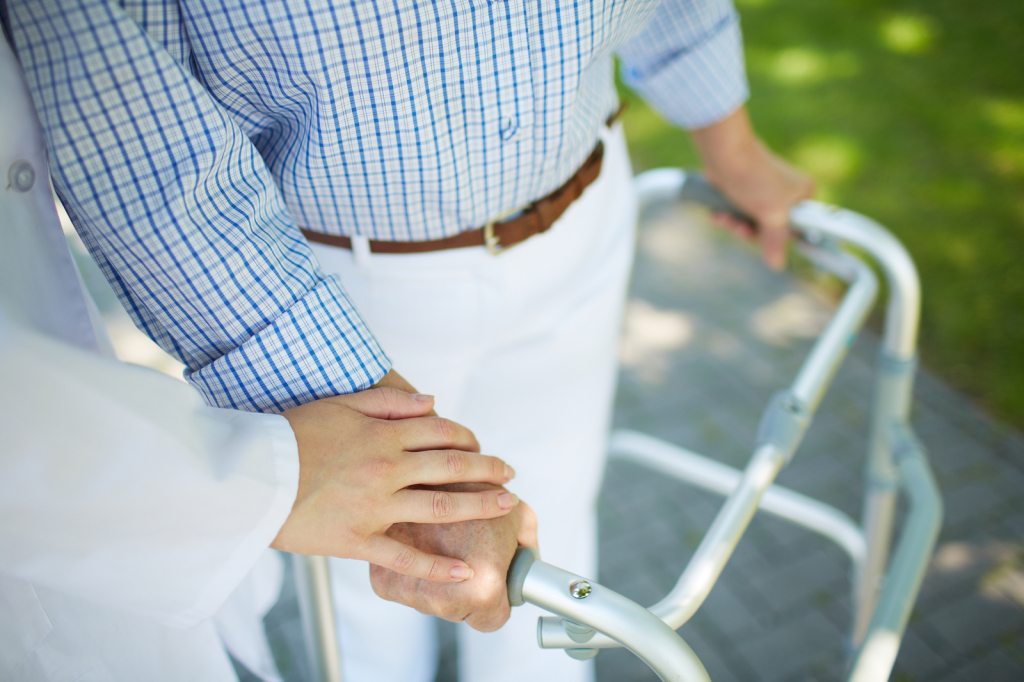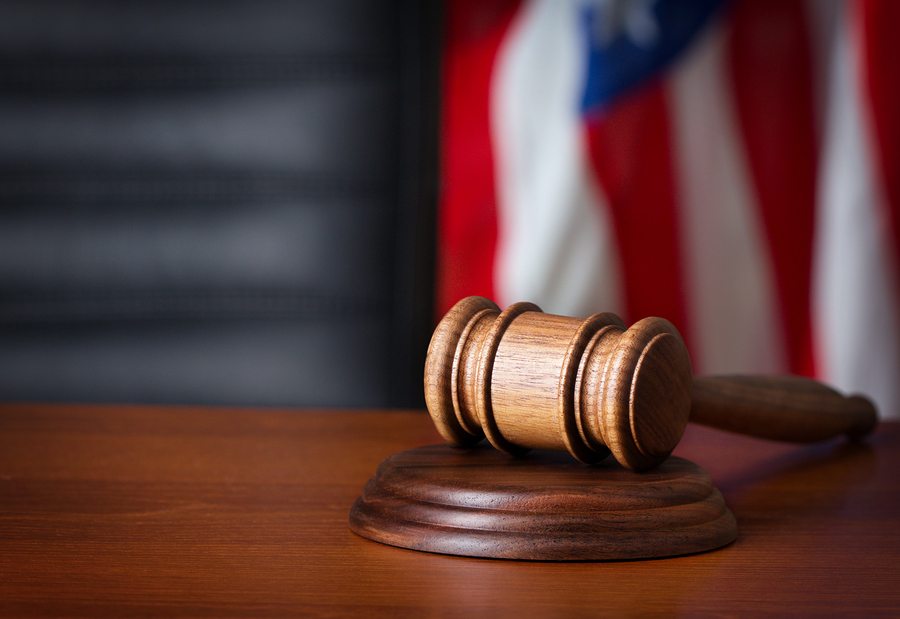People place their elderly loved ones into nursing homes with the expectation that those loved ones will have access to quality medical care and courteous treatment from staff and administration. Unfortunately, the nursing homes and assisted living facilities we trust to care for our senior population do not always live up to these basic expectations. Nursing home abuse and neglect are serious issues throughout Luzerne County and the rest of the United States, with the CDC estimating over 500,000 cases occur each year.
If you are concerned that your loved one isn’t receiving proper care, and has suffered an injury, illness, or preventable death as a result, it’s important to speak to an attorney who can advise you of your family’s legal rights. Nursing home abuse lawyer Brent Wieand, founder of The Nursing Home Injury Help Center, is an experienced and aggressive trial attorney and can help your family pursue compensation for your suffering and losses. He handles claims including but not limited to bed sores, falls, dosage errors, dehydration, financial exploitation, and sexual abuse, and represents clients throughout Luzerne County, including the communities of Wilkes-Barre, Hazleton, Plymouth, Exeter, Newport, and Union.
To start discussing your claim in a free and private case evaluation, call Brent today at (215) 666-7777. The health and safety of your loved one may depend on it, so call right away to get started.

As part of Pennsylvania, Luzerne County is subject to the state’s two-year statute of limitation on personal injury claims. In other words, you have two years to file your claim beginning from the date the injury was sustained. In this context, personal injury includes claims relating to medical malpractice and doctor negligence. The statute of limitations for wrongful death claims is also two years. While Pennsylvania’s discovery rule may be used to extend the normal two-year deadline in some cases, it is always advisable to consult with an attorney right away in order to give your legal team the maximum time possible to investigate the circumstances of the accident, death, or injury.
Many nursing homes elect to participate in the federal government’s Medicaid program under Title XIX of the Social Security Act. All homes and assisted living facilities which accept federal Medicaid funding must comply with federal care standards in return. These care standards are clearly outlined by the Federal Nursing Home Reform Act (FNHRA). Under the FNHRA, facility residents have the right to:
Furthermore, the FNHRA dictates that participating facilities must meet specific quality standards. For example, homes must:
Note that these are non-exhaustive lists of residents’ rights and care standards. For more information, you can refer to this in-depth overview of the Federal Nursing Home Reform Act.

If a facility participating in Medicaid accepts federal funding despite failing to meet the minimum federal guidelines delineated by the FNHRA, and a resident is harmed or killed as a result, the victimized resident (or resident’s representative) may sue the noncompliant facility for damages. Unlike some other states, Pennsylvania does not cap the maximum damages a plaintiff in a personal injury case may receive. Only punitive damages, which are sometimes ordered to punish the defendant in cases of egregious and excessive wrongdoing, may be capped. Pecuniary damages, which are intended solely to compensate the plaintiff, are unlimited.
Generally speaking, pecuniary or compensatory damages may cover losses and hardships such as:
Your loved one deserves to be free from abuse, negligence, and mistreatment. To start exploring your family’s options in a confidential legal consultation completely free of charge, call Luzerne County nursing home abuse attorney Brent Wieand at (215) 666-7777 right away.
Disclosure: Attorney Brent Wieand’s office is located in Philadelphia, PA. We happily serve clients throughout all of Pennsylvania and New Jersey.
